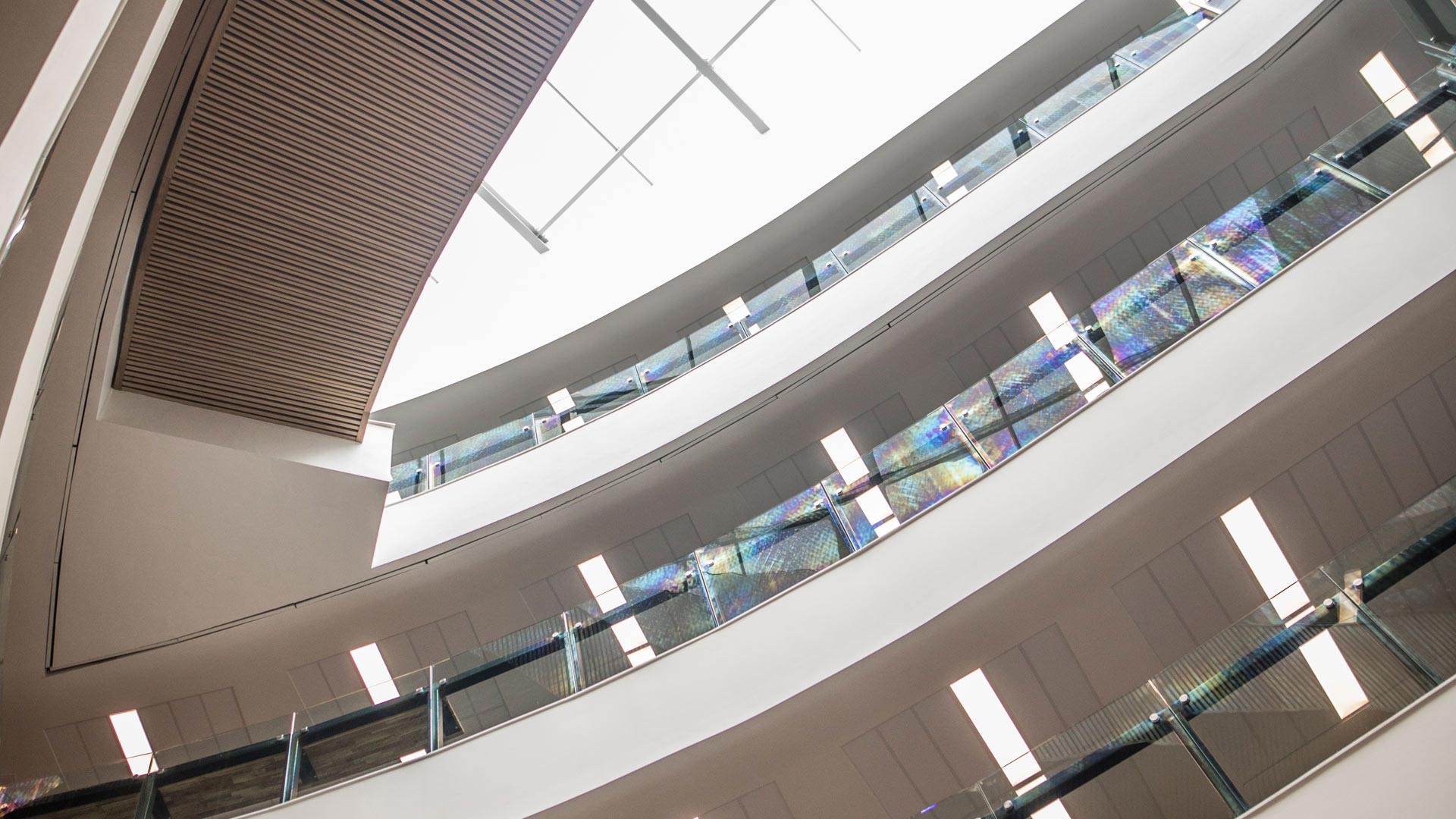
Impact
Huddersfield’s historians have long been committed to sharing the practices and findings of their research beyond academia. Our success was acknowledged by REF2014 which judged 50% of our impact to be internationally excellent and 20% to be world leading. One means by which we engage the broader public is through partnership working with a range of external agencies, especially in the heritage and community sectors, locally, nationally and internationally. The quality, scope and impact of our research has been widened by our connections with institutions such as Leeds City Museums, The Royal Armouries, The Thackray Medical Museum, The West Yorkshire Archives, The National Coal Mining Museum, The Historical Association, Imperial War Museum North, Mencap, the Red Cross, The Battlefields Trust and Historic England.
International Partnerships
Huddersfield historians have close connections with the University of Cergy-Pontoise, Paris, including staff and student teaching exchanges under the Erasmus programme and research symposia held under the auspices of the regular colloquia of the Northern Nineteenth-Century Network and from a series of international and interdisciplinary conferences held at Cergy-Pontoise.
Historians at Huddersfield work closely with Heritage Quay, the University’s £2 million archive which opened in 2014. Heritage Quay was highly commended in 2015 by the Royal History Society in its Public History prizes. The outcomes of our research have featured in exhibitions at Heritage Quay and we also develop collaborative projects with its archive service. For example Dr Rebecca Gill's project 'Adult Education and the Great War in Yorkshire', funded by the AHRC, was devised with Heritage Quay archive service and will draw on its resources.
The Impact of Huddersfield Historians
Battlefield Archaeology
Dr Glenn Foard’s research into new interdisciplinary methods for systematic archaeological examination at Naseby and Bosworth has led to significant advances in the identification and conservation of historic battlefields. His work has influenced policy and practice at Historic England and has been used to help safeguard these and other famous battle sites such as Hastings. Media appearances such as a Time Team Special on The Wars of the Roses, which focussed on Foard’s excavations at Bosworth have also raised wider public awareness of battlefield archaeology. Currently Dr Foard is analysing Barnet battlefield, partly funded by the Hadley Trust, and working on a three-year HLF-funded community project to uncover another War of the Roses battle site - Mortimer’s Cross.
Mental Health and Learning Disabilities: Heritage and Stigma
Dr Rob Ellis’ research into the history of mental health care has encouraged a broad range of stakeholders and individuals to challenge their values and beliefs about people who live with mental health issues and the services they use. His Mental Health and Learning Disabilities: Heritage and Stigma project was realised in collaboration with bodies such as St Anne’s Community Services, the South West Yorkshire Partnership NHS Foundation Trust and the Stanley Royd Museum in Wakefield. Dr Ellis devised and delivered research-based teaching and learning activities for visitors. This enhanced their understanding of how lessons from the past can be brought to bear on issues such as cost, equality, diversity and stigma, which are central to the modern-day provision of mental health care.
Communities and Co-production
Co-production - working with communities to research narratives of their own past and publicise their findings - is at the heart of many of our research activities. This collaborative approach allows us to better understand the complexities of historical experience. Dr Ellis and former colleague Professor Paul Ward have worked with a variety of community organisations, museums and galleries through the ESRC-funded Connected Communities programme, including Imagine: Connecting Communities Through Research a five-year project (2012-17) which brought together universities and their local communities to uncover knowledge and imagine better futures.
The AHRC recently awarded Ellis and project partner New Vic Borderlines £80,497 to extend the impact of this work. Their project ‘Animating Heritage and Stigma’ will build on two Connected Communities funded programmes - Heritage and Stigma and Untold Stories of Volunteering. The project team will use the testimonies collected and created by Heritage and Stigma and 'animate' them by employing Cultural Animation, a methodology of stakeholder engagement and knowledge co-production which allows participants to co-produce stories using plays, songs and other creative activities that give them a 'voice'. Encouraging participants to challenge notions of stigma they hope to improve the understanding and acceptance of marginalised groups.